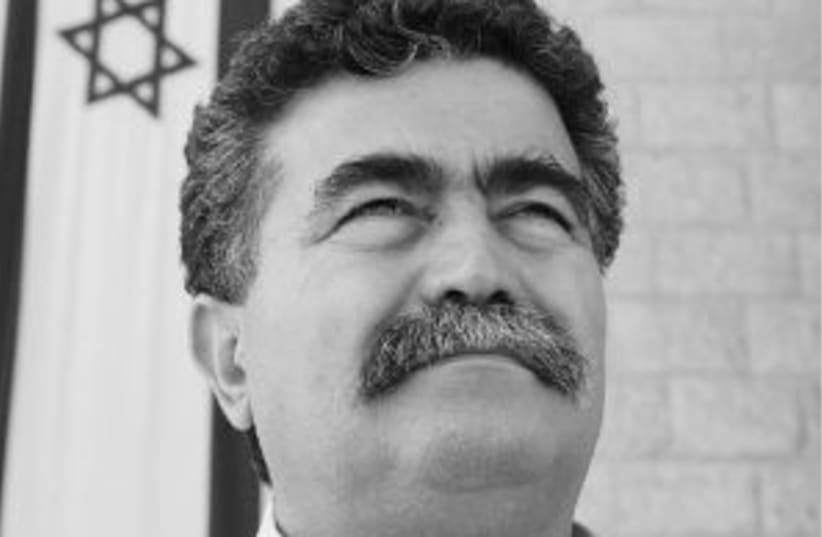| More about: | Benjamin Netanyahu, Ariel Sharon, Tzipi Livni, National Religious Party |
Elections most likely to be held Feb. 28
Sharon tells Lapid that in coming days he will announce his plans to form new party or stay in Likud.


| More about: | Benjamin Netanyahu, Ariel Sharon, Tzipi Livni, National Religious Party |